Parts 1 and 2 covered some tools of the tax-planning trade, as well as how to deploy them for tax-efficient investing.
However, tax planning isn’t just for your investments. Life happens. Often, we cannot predict its next moves, but it's possible to weave each event into the tax-planning fabric of your financial life.
Following are just a few life events you may encounter over time. Each can translate into tax-planning challenges and opportunities:
| Events | Tax-Planning Possibilities |
|---|---|
| You get a job. | Enroll in and max out contributions to any tax-sheltered accounts such as a 401(k) or Health Savings Account (HSA). |
| You buy a home and start a family. | Score extra tax deductions; use the savings to pay down college debt, contribute to an IRA, and/or establish a 529 plan account for your child. |
| You receive an executive compensation package. | Work with a financial planner or tax professional to determine how and when to exercise your options for maximum tax-efficiency. |
| You receive a financial windfall, such as an inheritance. | Allocate a significant portion of any new wealth to tax-sheltered retirement accounts. (Ditto for those executive compensation benefits.) Seek to offset taxable gains with any available losses. |
| You sell your first home and buy a bigger one. | Keep an eye on any gains from the sale. With some caveats, the Taxpayer Relief Act of 1997 says you can exclude up to $500,000 of the gain as a joint filer ($250,000 for single filers). |
| You transition to a new, lower-paying career, take a leave of absence from work, or incur a financial setback. | If your annual income is taking a temporary hit, consider leveraging the lower tax bracket to reduce your lifetime taxes by harvesting capital gains or performing a Roth conversion. |
| You buy a business. | Engage a tax-wise professional financial planner to facilitate the acquisition. |
| You send your 18-year-old to college. | Time to tap their tax-sheltered 529 plan. Adjusting your income levels through practical tax planning may also help secure a more favorable student aid package. |
| Your 18-year-old decides against college after all. | Consider redirecting their 529 savings to a different beneficiary, or withdrawing the assets and paying tax + 10% penalty (which may not be so bad if the assets grew tax-free for years). |
| You sell a business. | Ideally, your succession plan has been in place for years prior, to position your business for a tax-efficient transfer. Targeted insurance may also help cover taxes without placing an undue burden on you, your partners, or your successors. |
| You retire. | Plan how and when to take Social Security and any pension benefits available, as well as how and when to tap your taxable and tax-sheltered accounts. Once again, during low-income years, you may also plan to engage in some tax-gain harvesting, to reduce your overall tax basis. |
| You downsize to smaller home. | Again, mind your capital gains, as described above. If you’ve lived in the home for at least 2 years, you should again be able to exclude gains of up to $250,000/$500,000 per single/joint filer. |
| You decide to work part-time in retirement. | Good for you! But do some tax projections to determine how the extra income may impact your tax rates, benefits, and bottom line. |
| You are charitably inclined. | Even with the 2017 Tax Cuts and Jobs Act tax code changes, tax breaks remain for the philanthropically-minded. For example, you can use well-timed giving to offset unusual taxable events, such as setting up a Donor-Advised Fund in the same year you exercise a taxable stock option, sell a highly appreciated asset, or incur other significant deductible expenses. |
| You incur significant healthcare costs. | Speaking of deductible expenses, you may be able to bundle high-priced elective procedures into a single year, to take more than your standard deduction that year (especially if you pair it with bundled charitable giving). Or, if you’re not seeking a higher deduction, this may be a good time to tap tax-free assets in your HSA. |
| You prepare to pass your wealth on to heirs or other beneficiaries. | The taxable implications of estate planning are extensive, and best addressed with a financial planner and estate planning attorney. Especially since the 2020 SECURE Act eliminated the stretch IRA, you may also want to assess whether you’d rather prioritize reducing your own lifetime taxes or those of your heirs, and proceed accordingly. |
The Big Picture
The above scenarios represent only a handful of the tax-planning events you might encounter throughout your life. Whether you’re building, preserving, or spending your wealth, tax-planning remains integral every step of the way. Each financial move you make can and should be leveraged for tax efficiencies as described. Better still, a seasoned tax-planning professional can combine these parts into an integrated whole as you pursue lifelong tax efficiency.
Put another way, ideal tax planning integrates seamlessly with all your greater financial plans. This can get complicated—like a juggling act, in which you must keep an eye on each item as well as the big-picture results.
Could you use an experienced hand to help with your tax planning? Then...
This content is developed from sources believed to be providing accurate information. The information in this material is not intended as investment, tax, or legal advice. It may not be used for the purpose of avoiding any federal tax penalties. Please consult legal or tax professionals for specific information regarding your individual situation. The opinions expressed and material provided are for general information, and should not be considered a solicitation for the purchase or sale of any security. Digital assets and cryptocurrencies are highly volatile and could present an increased risk to an investors portfolio. The future of digital assets and cryptocurrencies is uncertain and highly speculative and should be considered only by investors willing and able to take on the risk and potentially endure substantial loss. Nothing in this content is to be considered advice to purchase or invest in digital assets or cryptocurrencies.
Enjoying Escient Financial’s Insights?
The weekly newsletter is usually delivered to your email inbox Friday or Saturday, and includes:
- the latest Escient Financial Insights articles
- a brief of the week's important news regarding the markets
- recommended third-party reads
- selected Picture of the Week
Escient Financial does NOT sell subscriber information. Your name, email address, and phone number will be kept private.
















